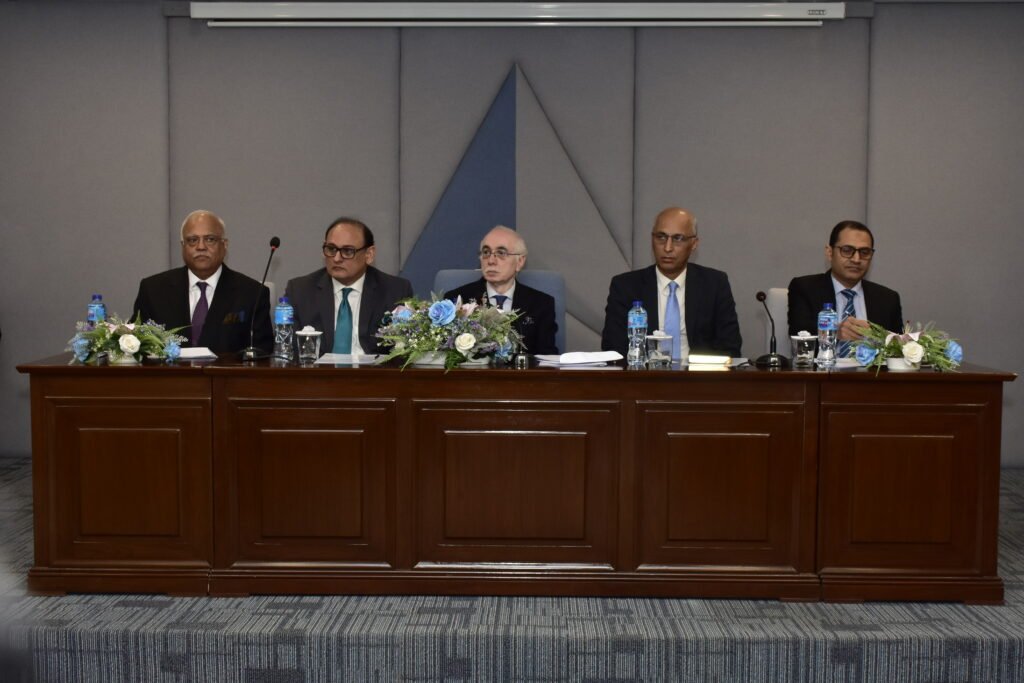
Seminar
Bolstering Trajectory of Pakistan’s Strategic Ties with China
China’s emergence as a global power amid shifting power dynamics is reshaping the international landscape, with a profound impact at global and regional levels. As the world’s second-largest economy, China’s rapid military modernisation and focus on niche technologies have bolstered its influence on the global stage, allowing it to protect its interests and shape geopolitical configurations. Its principled approach to international issues, such as the conflicts in Ukraine and the Middle East, showcases its growing diplomatic clout and commitment to global stability.
The Pakistan-China relationship is defined as an “All-Weather Strategic Cooperative Partnership”, reflecting a deep-rooted friendship and mutual support across all sectors, especially defence and economic cooperation. The China-Pakistan Economic Corridor (CPEC) serves as a cornerstone of this partnership and represents a strategic alignment of interests. It has the potential to facilitate Pakistan’s rapid development, enhance regional connectivity, and foster prosperity. Beyond infrastructure development, CPEC opens up a range of new opportunities for trade, investment, and technological cooperation between the two nations. However, to fully harness these opportunities, Pakistan needs to overcome institutional and administrative obstacles, fast-pace the establishment of Special Economic Zones (SEZs), and bring about a qualitative change in ease of doing business in the country.
Additionally, the CPEC has the potential to reshape the geopolitical landscape of South Asia by strengthening Pakistan’s role as a regional hub and providing China with alternate trade routes that bypass maritime chokepoints. With the completion of CPEC’s first phase focusing on energy and infrastructure, the second phase aims to deepen industrial cooperation and expand bilateral economic ties, further cementing the bonds between the two nations. The success of CPEC will have a transformative impact on Pakistan’s growth and development.
Importantly, Pakistan-China strategic partnership contributes to stability and regional equilibrium in South Asia and peace and stability in the broader region.
Recognising the crucial need to carefully navigate this strategic partnership further into the future, the Centre for Aerospace & Security Studies (CASS), Lahore, convened a seminar on 18 April 2024 titled “Bolstering Trajectory of Pakistan’s Strategic Ties with China”. The seminar served as a platform for insightful discussions by distinguished speakers, shedding light on the evolving dynamics of China’s global role, Pakistan’s strategic partnership with China, the next phase of industrial development and the potential of CPEC beyond 2030.
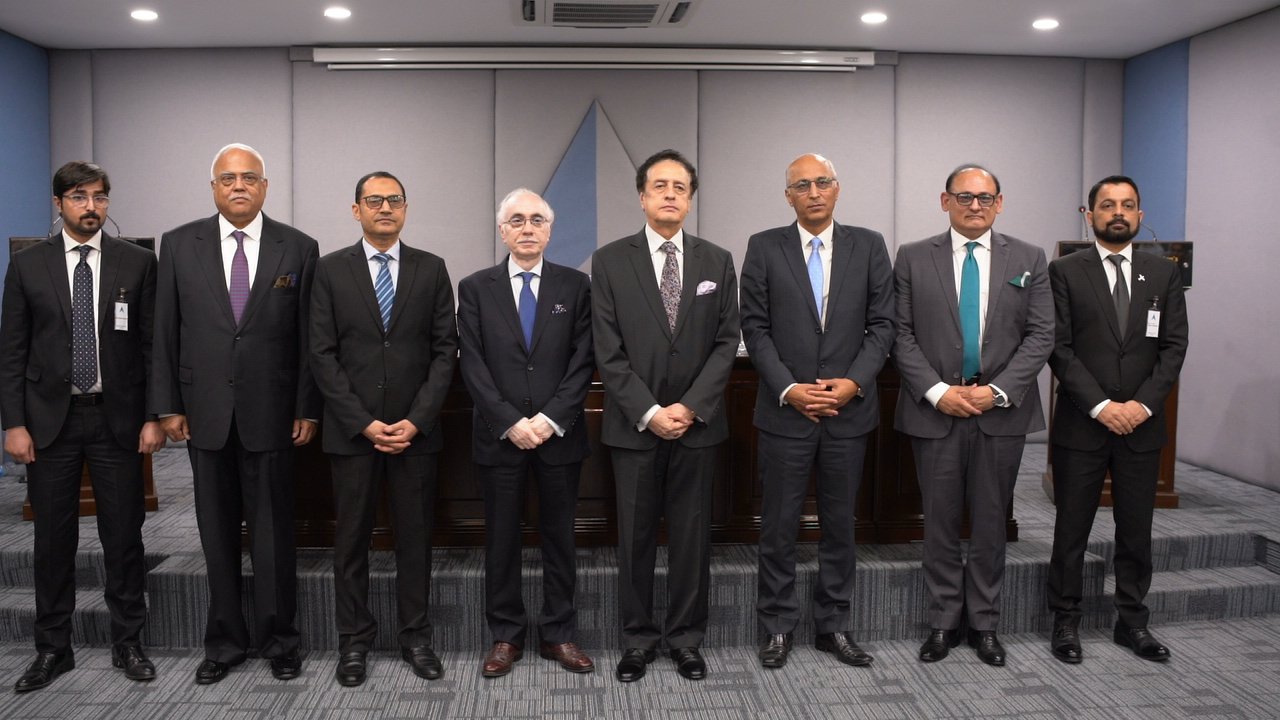
Key Takeaways
China’s unprecedented rise has reshaped global power dynamics, with its advocacy for multilateralism and opposition to Cold War-era politics gaining global support. Economically dominant and diplomatically influential, China is increasingly seen as a counterbalance to Western hegemony, particularly within the context of the US-led Indo-Pacific strategy. For Pakistan, China remains a steadfast strategic partner across defence, aerospace, and economic domains—most notably through CPEC, which stands as a critical pillar for regional connectivity and Pakistan’s economic transformation.
Policy Considerations
Pakistan must continue to prioritise its strategic partnership with China as a central pillar of its foreign policy, especially for national security and economic growth. While maintaining balanced relations with the West, Islamabad’s long-term strategic orientation should remain aligned with Beijing. To ensure the success of CPEC Phase II, emphasis is needed on industrialisation, agriculture, IT, and key infrastructure projects like Gwadar and ML-1, alongside encouraging Chinese industry relocation and improving investment facilitation. Strengthening collaboration in science, technology, and renewable energy is essential, as is ensuring the safety of Chinese nationals and the fulfilment of all contractual commitments. Bridging the trade deficit with China through increased value-added exports and enhancing cooperation in defence and aerospace must also be top priorities.
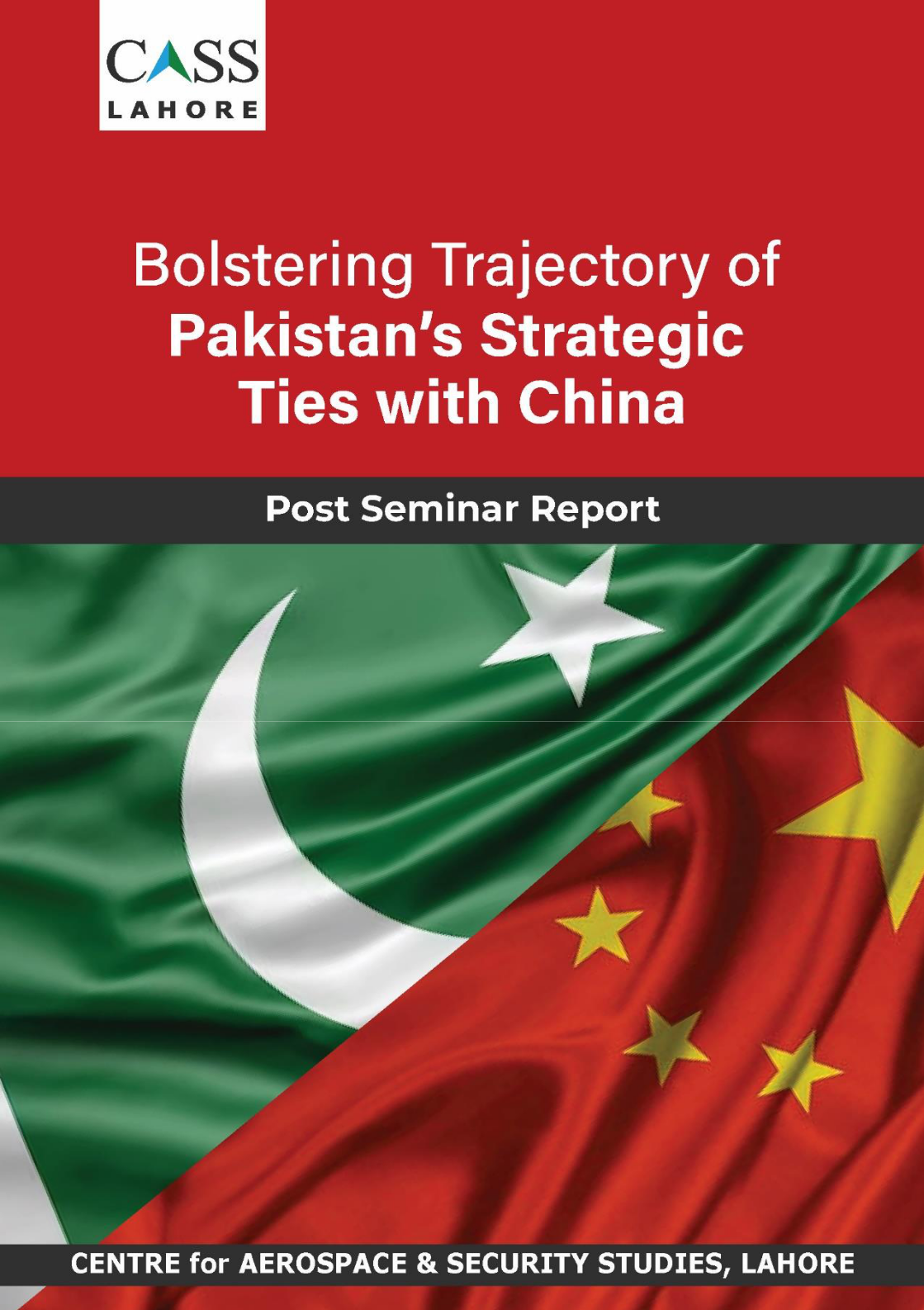
Post Event Report
A comprehensive overview featuring key insights, expert discussions, and strategic takeaways from the event.
Explore speaker highlights, recommendations, media coverage, and event photographs.
Guest Speakers

Ambassador Masood Khalid
Former Ambassador of Pakistan to China
Ambassador Moin ul Haque
Former Ambassador of Pakistan to China
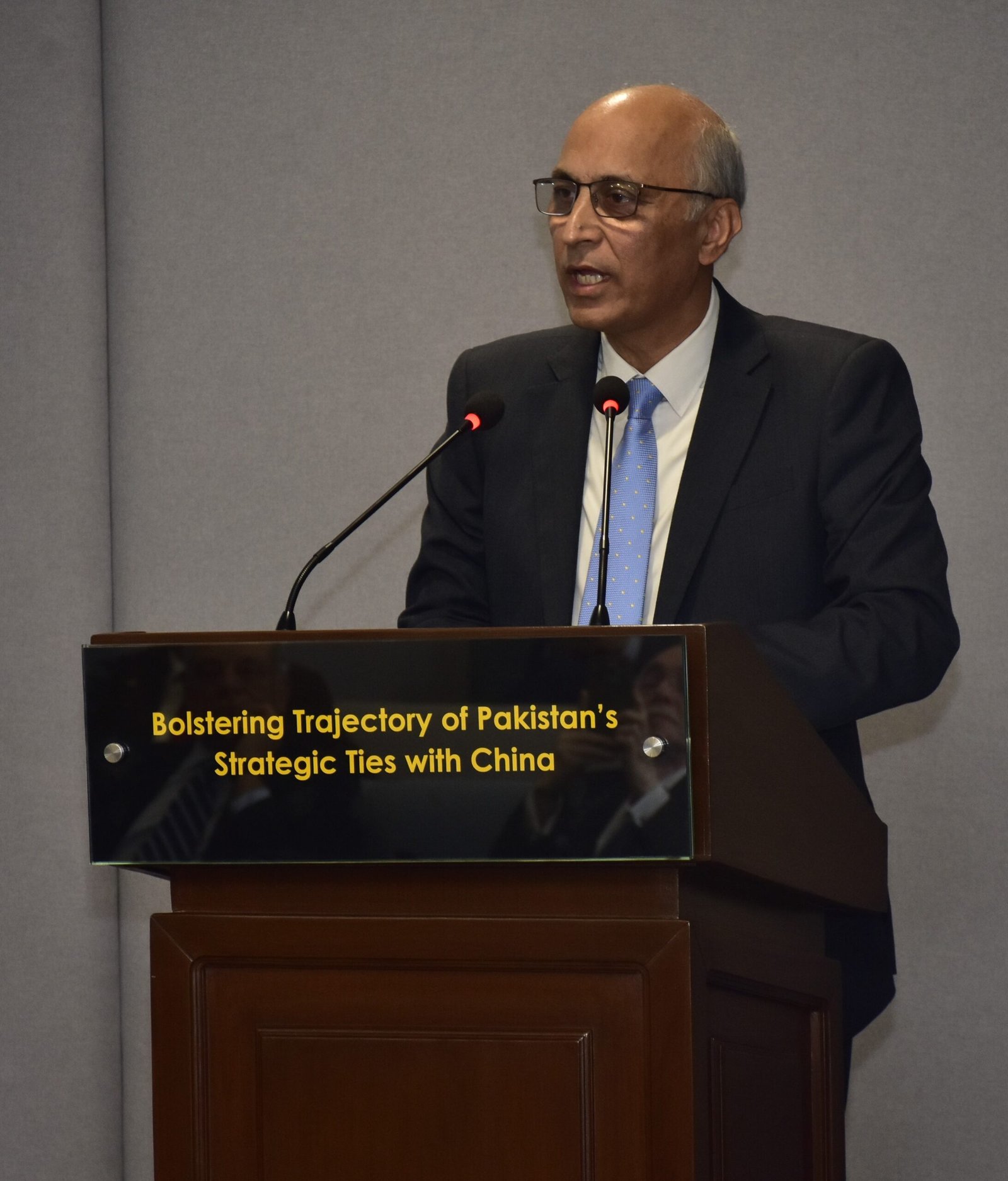
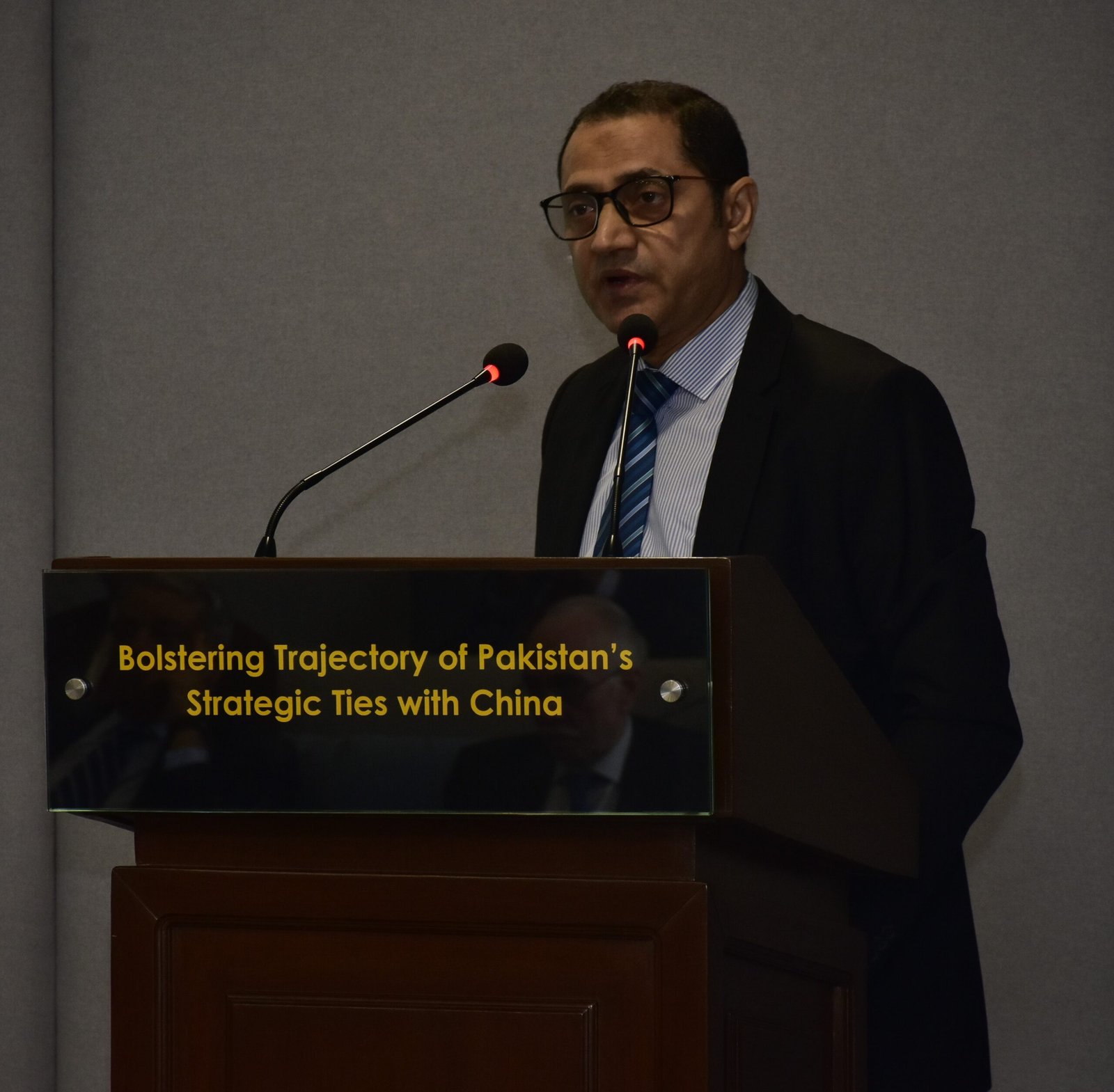
Dr Suhail Saleem
Director General Investment Facilitation and SEZ for Punjab Board of Investment and Trade
Dr Hassan Daud Butt
Associate Professor, Bahria University Islamabad
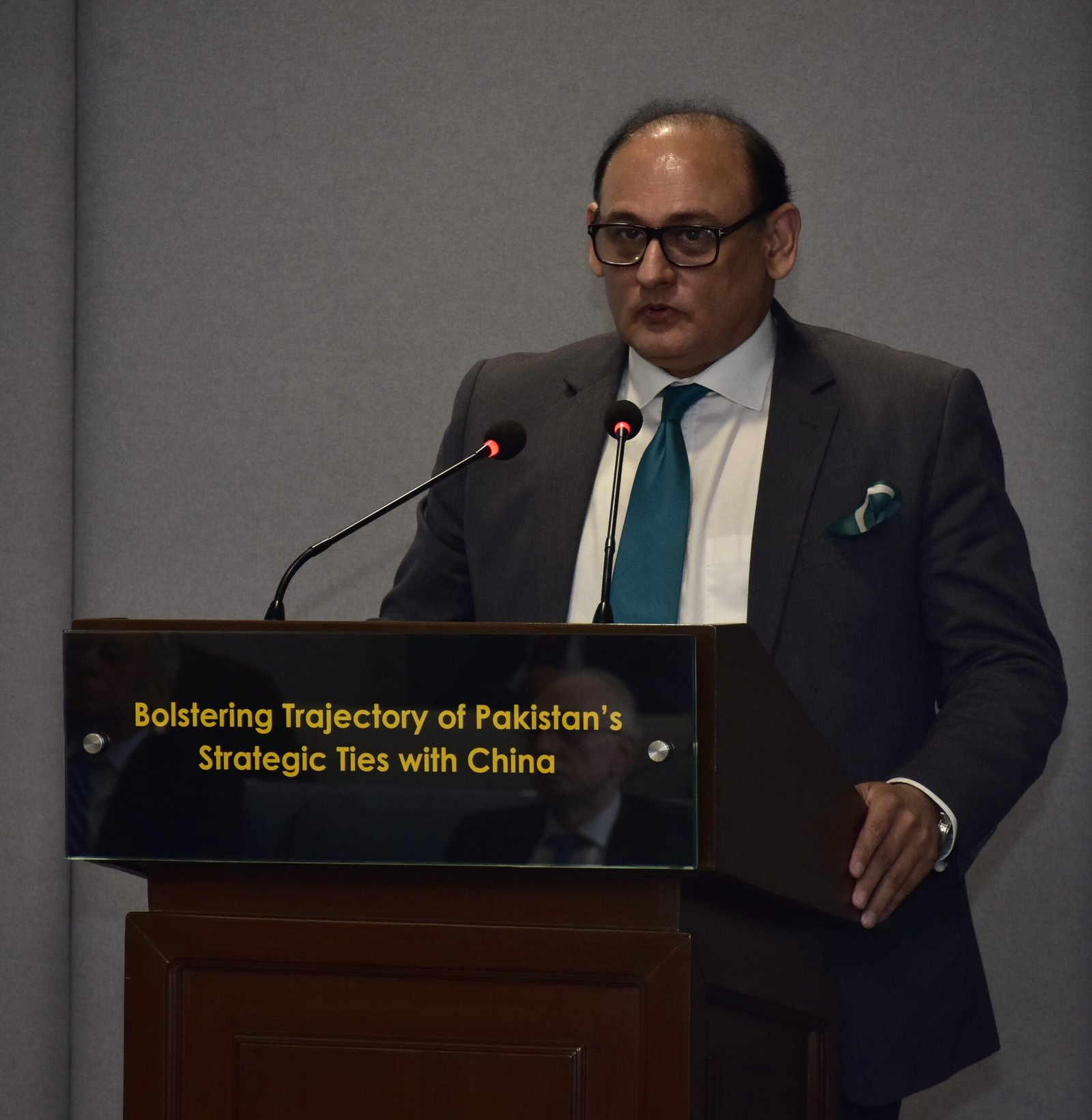
CASS Speakers
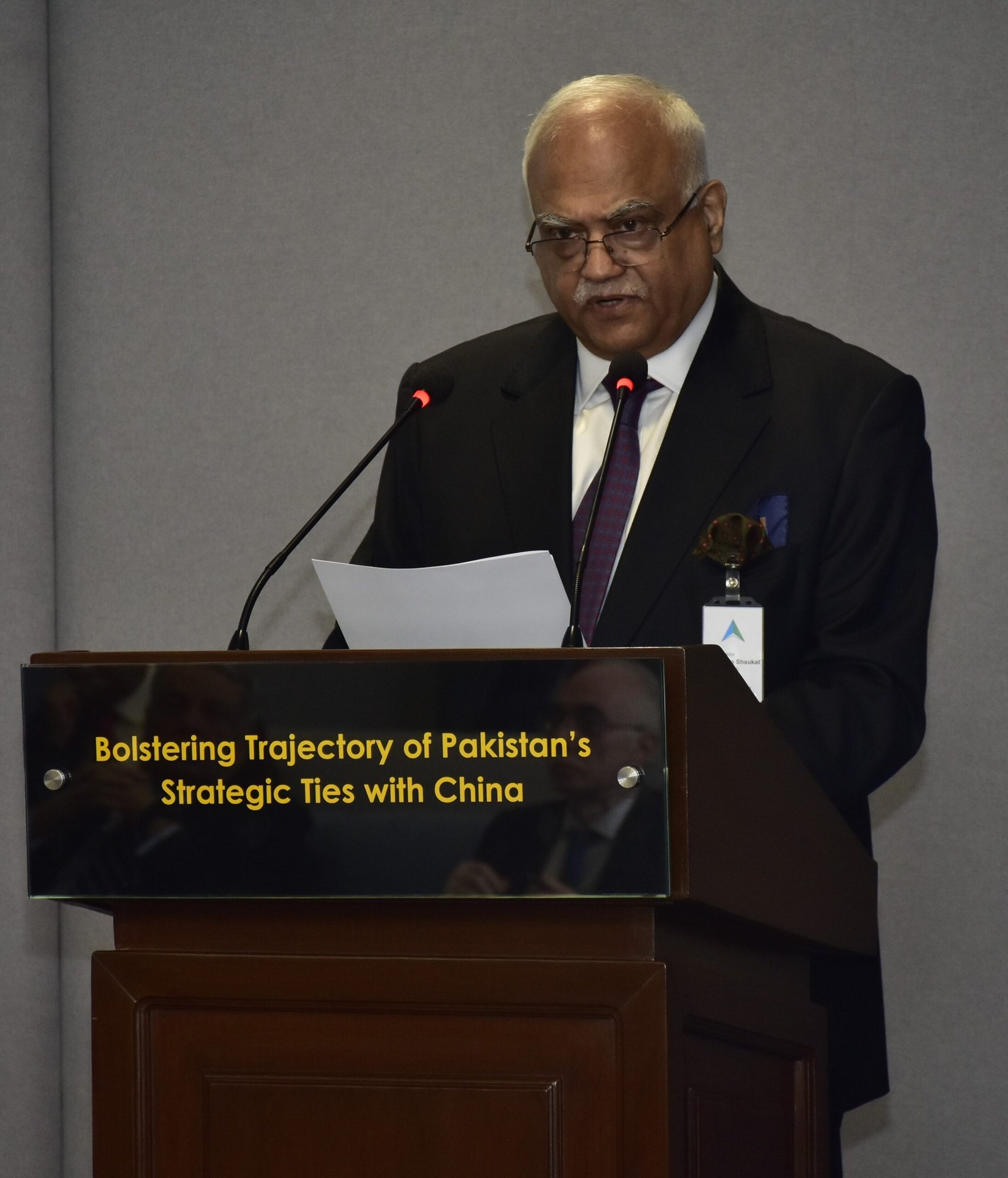
Ambassador Muhmammad Haroon Shaukat (Retd)
Director Foreign Affiars CASS, Lahore
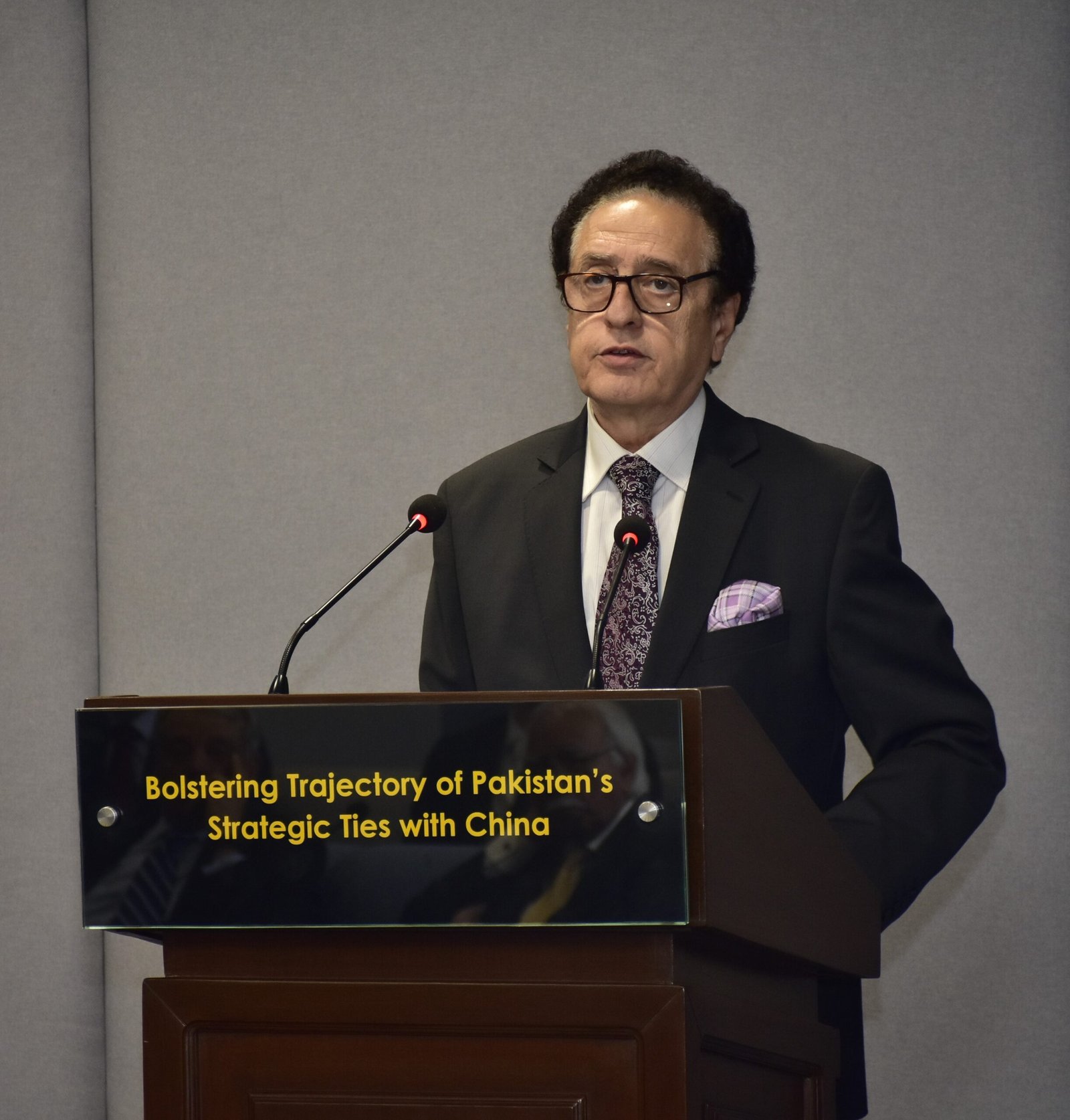
Air Marshal Asim Suleiman (Retd)
President, CASS Lahore
Master of the Ceremony
Researcher
Zaheen Qureshi
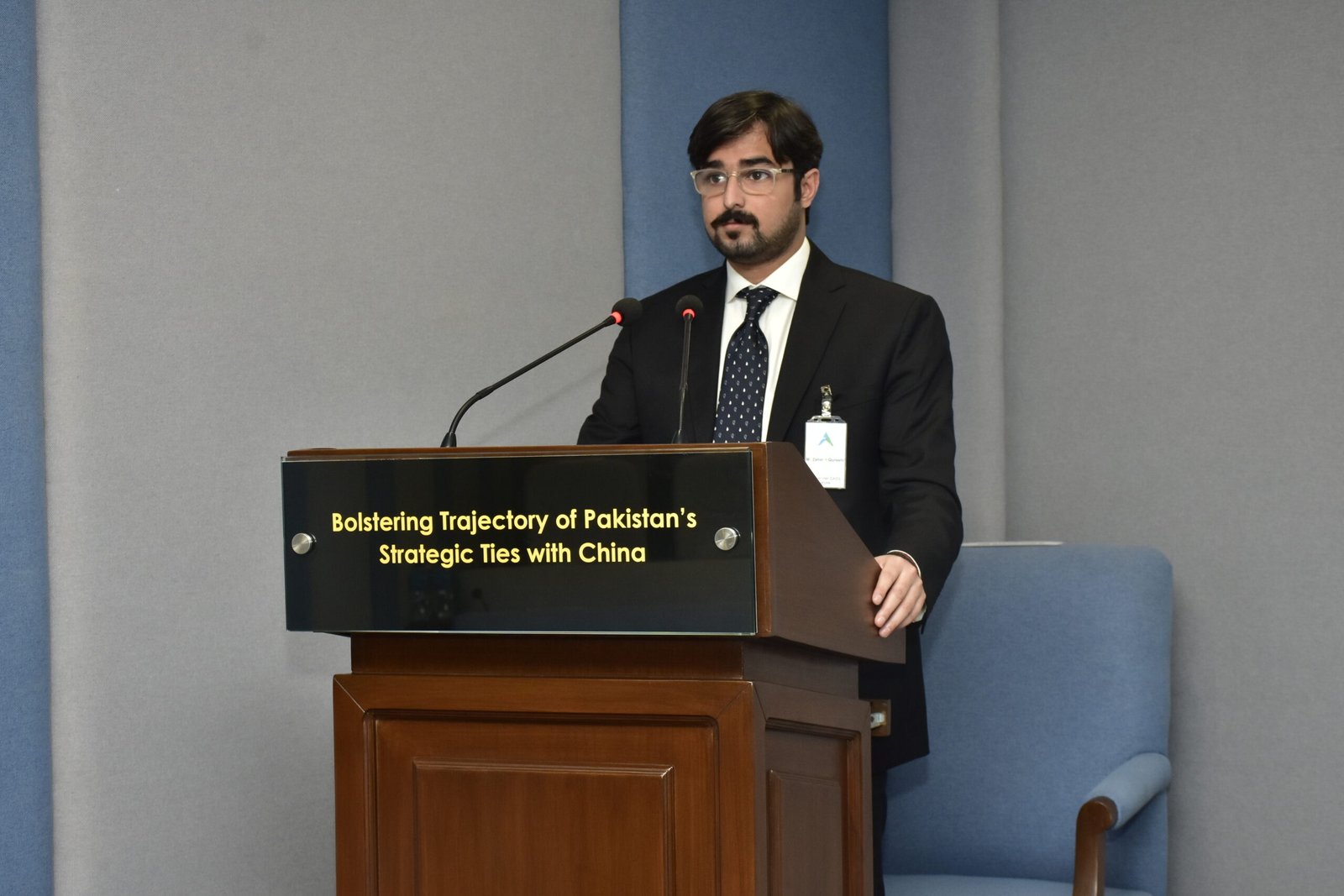
CASS LAhore

The Centre for Aerospace & Security Studies (CASS) was established in July 2021 to inform policymakers and the public about issues related to aerospace and security from an independent, non-partisan and future-centric analytical lens.


